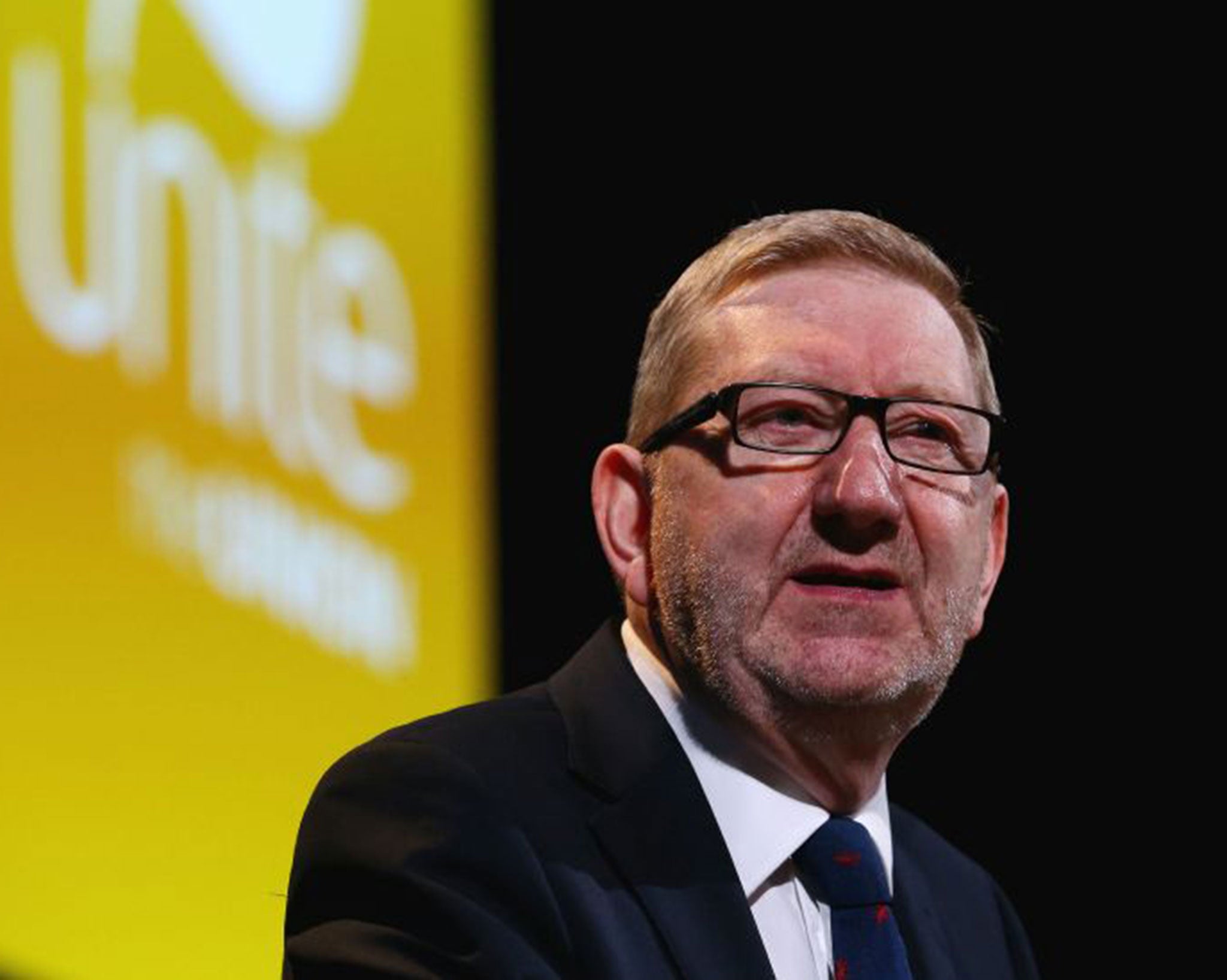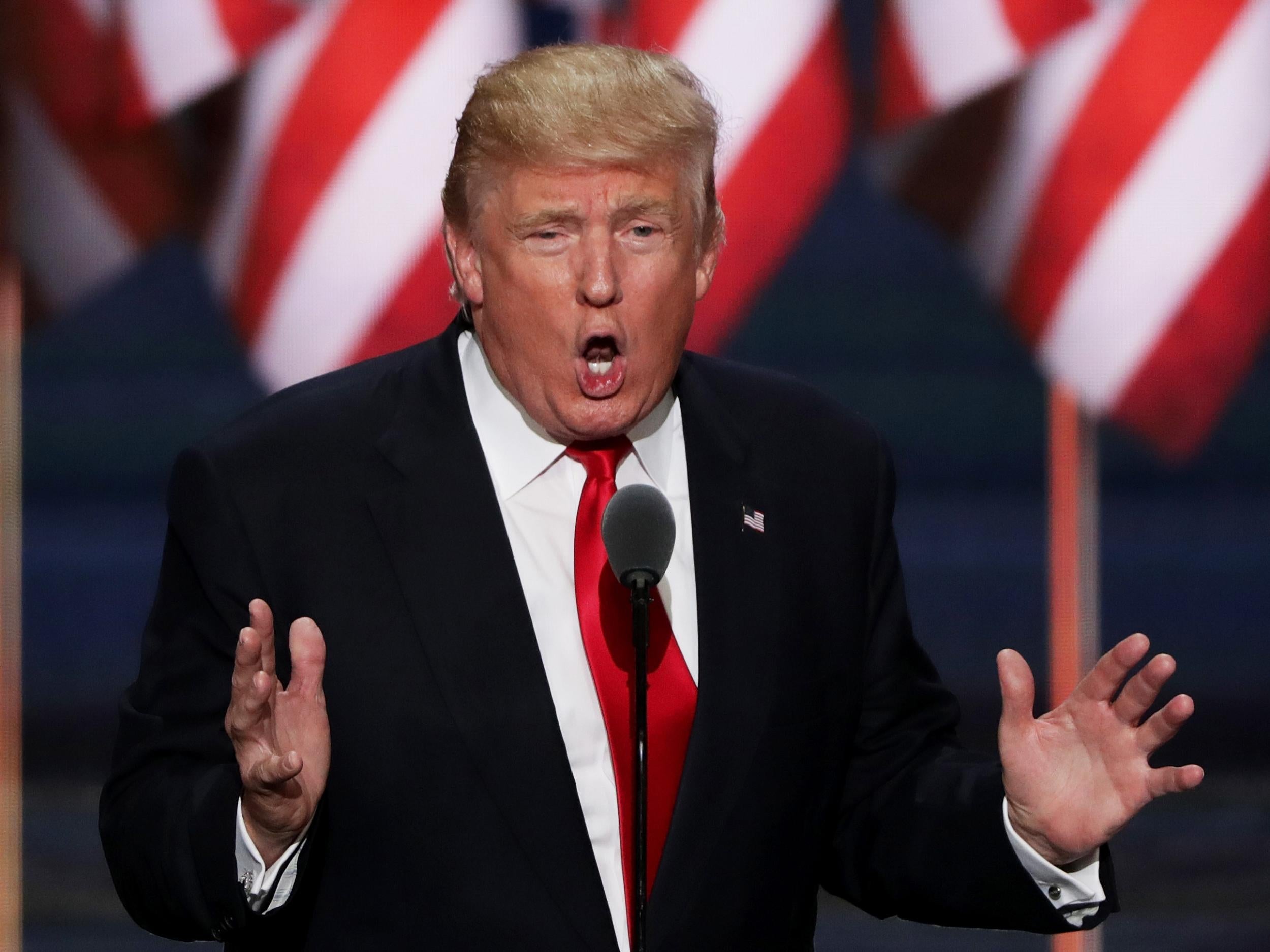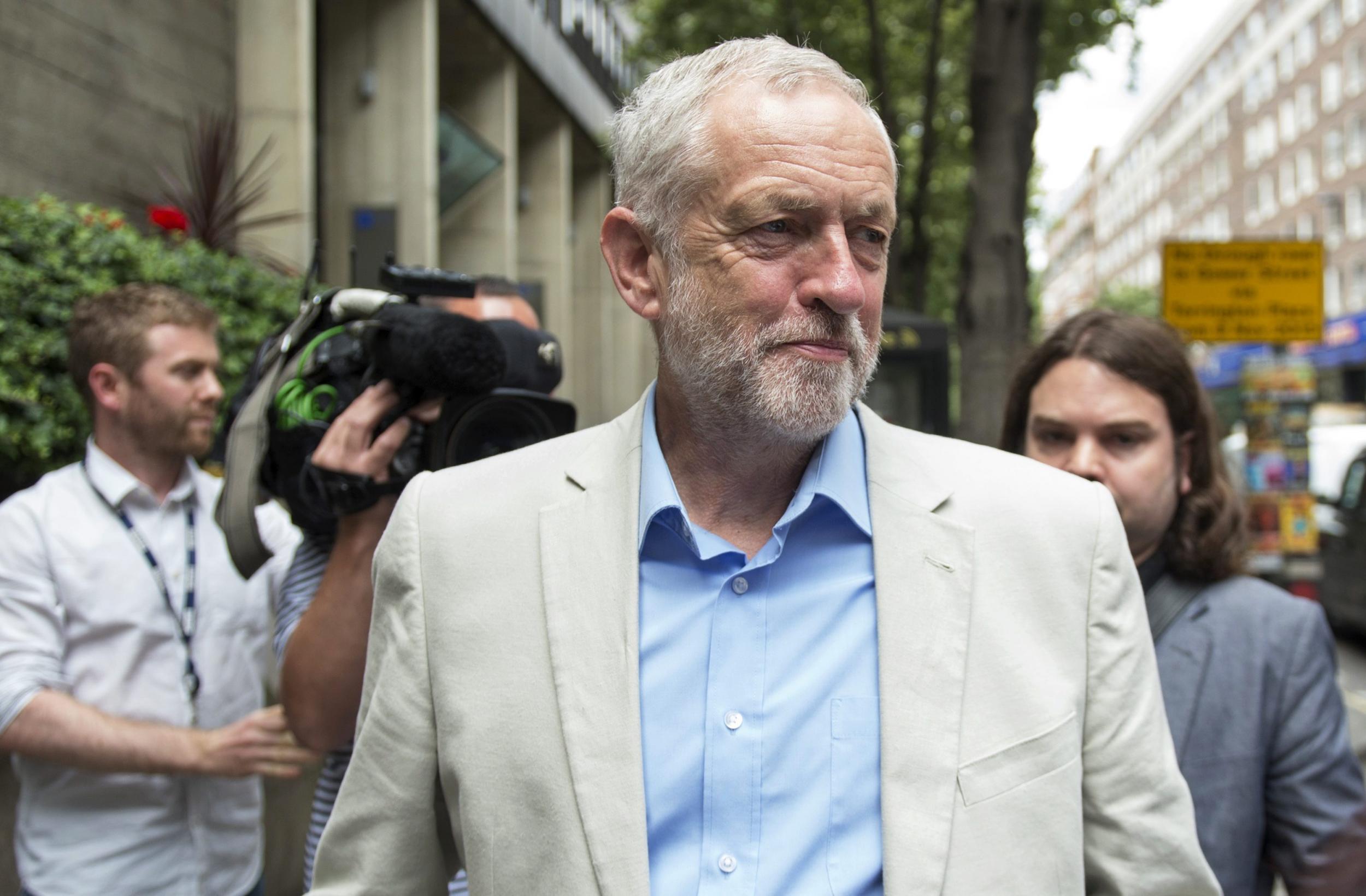Unite leader Len McCluskey: MI5 may be behind online abuse of Jeremy Corbyn
The head of Britain’s biggest trade union says the security services are involved in ‘dark practices’ against the Labour leader

Your support helps us to tell the story
From reproductive rights to climate change to Big Tech, The Independent is on the ground when the story is developing. Whether it's investigating the financials of Elon Musk's pro-Trump PAC or producing our latest documentary, 'The A Word', which shines a light on the American women fighting for reproductive rights, we know how important it is to parse out the facts from the messaging.
At such a critical moment in US history, we need reporters on the ground. Your donation allows us to keep sending journalists to speak to both sides of the story.
The Independent is trusted by Americans across the entire political spectrum. And unlike many other quality news outlets, we choose not to lock Americans out of our reporting and analysis with paywalls. We believe quality journalism should be available to everyone, paid for by those who can afford it.
Your support makes all the difference.Dark forces are trying to make the trouble within an already divided Labour Party, according to the head of Britain’s biggest trade union.
Len McCluskey, general secretary of Unite and Jeremy Corbyn’s most powerful ally, suspects that MI5 may be behind some of the online abuse directed at Mr Corbyn’s critics, damaging the Labour leader’s reputation.
Coincidentally, he voiced his suspicions on the same day that Donald Trump rehashed a story that the father of his Republican rival, Ted Cruz, was friendly with the man who murdered President John F Kennedy.
Mr Trump first aired the story two months ago, claiming that the National Enquirer, a magazine specialising in scandal, had a photograph of Rafael Cruz and Lee Harvey Oswald handing out leaflets supporting Cuba’s President Fidel Castro in New Orleans in 1963. A spokesman for Senator Cruz described it as “another garbage story in a tabloid full of garbage”.
In what turned out to be a good day for conspiracy theories, Mr Trump returned to the story the morning after the Senator had been jeered at the Republican convention for failing to endorse him. He said: “I don't know his father. I met him once. I think he's a lovely guy. All I did is point out the fact that on the cover of the National Enquirer there was a picture of him and crazy Lee Harvey Oswald having breakfast.”

Meanwhile, in the UK, Mr McCluskey told The Guardian that when files on what is happening now are opened in 2046 under the 30-year rule, the role in the intelligence services in smearing Jeremy Corbyn will come to light – in the same way that he recently discovered that when he was involved in a dockers’ strike in 1972, the union president was an MI5 informant.
“Do people believe for one second that the security forces are not involved in dark practices … the type of stuff that we ultimately find out about, under the 30-year rule?” Mr McCluskey said.
“Anybody who thinks that that isn’t happening doesn’t live in the same world that I live in. Do you think that there’s not all kinds of rightwingers who are not secretly able to disguise themselves and stir up trouble? I find it amazing if people think that isn’t happening.”
The colourful accusations are an indication of how volatile and polarised politics have become, on both sides of the Atlantic. For those with long memories, they are also a throwback to the early 1970s, when the Prime Minister, Harold Wilson, believed that MI5 was plotting against him, and across the Atlantic there was a school of theories about who killed Kennedy.
Jeremy Corbyn was accused yesterday by his Labour leadership rival, Owen Smith, of not doing enough to clamp down on “intolerance and misogyny” on social media. Angela Eagle, who angered Corbyn supporters by saying that she would run against him – though she has since withdrawn and is backing Owen Smith – has cancelled walk-in surgeries in her Wallasey constituency after taking advice from the police. She accused Mr Corbyn of creating a “permissive environment” that tolerated internet abuse.
In another extraordinary twist in Labour’s internal turmoil, an MP accused Mr Corbyn of toying with the idea of approaching his father to ask him to persuade his son not to criticise his leader. Mr Corbyn has denied the claim, and appealed to Labour MPs to talk politics instead of accusing him of being a bully and a hypocrite.
Conor McGinn was one of the new MPs elected in 2015, rapidly promoted by Mr Corbyn to a place in the Labour whips’ office. He gave an interview in May to The House magazine – widely read by MPs – in which remarked that Islington, in north London, where Mr Corbyn has been an MP for 33 years, “is not like the rest of the country” and that “the challenge for Jeremy ... is how he relates to the rest of the country”.
Mr McGinn has revealed that while he was on an MPs’ visit to Washington, he was warned that Mr Corbyn was demanding a retraction and apology. Mr McGinn refused to apologise. He twice asked for a face to face meeting with Mr Corbyn, but received no reply.

In a statement to the Politics Home website, Mr McGinn added: “I was then informed by colleagues in the Whips Office of something that I have not made public until now, frankly because I find it shocking and embarrassing, and almost unbelievable.
“It transpired that Jeremy, in deliberations about how to respond to my interview, had said that he intended to ring my father to discuss it with him and ask him to speak to me about it. The leader of the Labour Party was proposing to address an issue with one of his own MPs by ringing his dad.
“Jeremy does not know my father, so I can only presume that because of the much-publicised fact that my father was a Sinn Fein councillor, Jeremy felt that they would share a political affinity and was proposing to use that to ask my father to apply pressure on me. Thankfully, others dissuaded Jeremy from taking this course of action. The call was not made, and it would not have been well received.”
A spokesman for Mr Corbyn said: “This is untrue. Jeremy did not make any threat to call Conor’s Dad, nor did he call Conor’s dad.”
Pat McGinn was a Sinn Fein councillor for 13 years in a district straddling county Down and county Armagh, on the border with the republic of Ireland. Conor McGinn once described his father, in an interview with Huffington Post, as “much more left-wing than I am”. Mr Corbyn retained links with the leaders Sinn Fein for many years when they were shunned by other Westminster politicians because of the party’s historic link with the IRA.
Mr McGinn said he felt driven to speak out after watching Jeremy Corbyn give an interview on BBC’s Newsnight programme. He said: “I could no longer tolerate the hypocrisy of him talking about a kinder, gentler politics when I knew for a fact that he had proposed using my family against me in an attempt to bully me.”
Mr Corbyn told Sky News that he was “very surprised and very disappointed” that Labour MPs should accuse him of bullying. He said: “I don't do any abuse, I don't do any bullying and I don't allow it to be done. I wish some of my colleagues would concentrate on political issues.”
Join our commenting forum
Join thought-provoking conversations, follow other Independent readers and see their replies
Comments